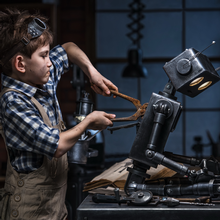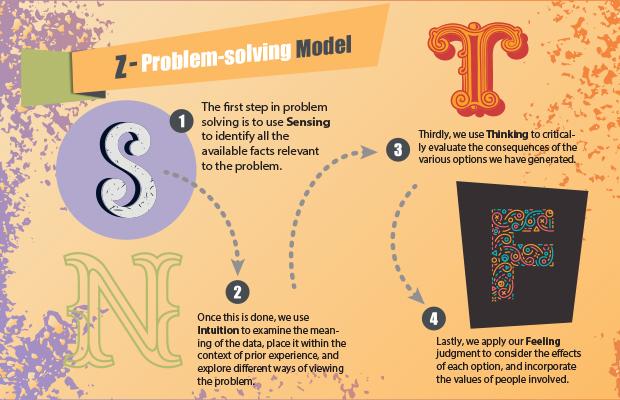Sensor Creativity: Type Tip #11
Sensors begin with the concrete and move to the innovative. They build new creations based on what they know now. The Dyson vacuum is an example. The commercials say "we took what was, then changed the wheels for a ball, changed the suction to have no bag, and now, moved the power to the handle." A new machine was created by starting with the known and moving to the new. This is a great example of the creative process in Sensing types.



_thumb.png)














